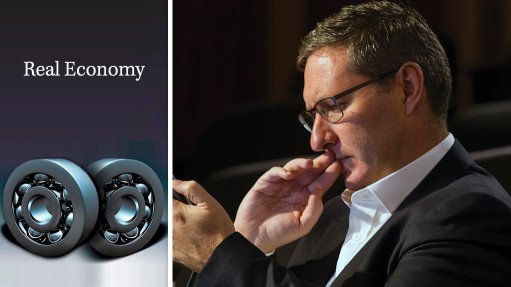
There was little sign of the promised ‘reform agenda’ in the recent Budget Vote speeches delivered by South Africa’s newly appointed Cabinet Ministers. In far too many instances, the speeches showed little or no evidence of deviation from past stale scripts. In the worst cases, there was even some worrying backsliding.
Take the Energy Budget Vote. Here, South Africa has a genuine opportunity to decisively change course for the better. To do so, however, requires a grasp of the global energy transition and a clear vision of how South Africa should be positioning itself for that emerging reality. What was dished up, instead, was a garbled appeal for “all the energy sources at our disposal” to be deployed, with absolutely no mention of the financial, economic and environmental costs associated with such an outcome.
Rather than setting the energy agenda based on what is best for the economy and then managing the vested interests within that framework, government appeared more comfortable with doing precisely the opposite – in other words, giving priority to the management of vested interests first, which, in turn, creates the framework for the energy agenda.
Then, there was the Trade and Industry Budget Vote. Here, too, there was little to no sign that government was truly in touch with the pain being felt across large swathes of industry. Mention was indeed made of the poultry and sugar sectors, which are both bleeding, but what of the distress in steel, gold, construction and manufacturing?
Likewise, the effect of the electricity crisis on industry was raised, but what about rising costs more generally, including the costs associated with poor administration and governance across all spheres of government? Without question, business will benefit in time should government, together with its African counterparties, manage to implement the ambitious African Continental Free Trade Area.
At this point, though, the trade deal is not something that most domestic firms can immediately leverage. The Public Enterprises Budget Vote, meanwhile, did provide a frank assessment of the perilous state of the country’s State-owned enterprises (SOEs). A similar assessment was provided in 2018, however, and there was, thus, a justifiable expectation that an action plan would be forthcoming. Alas, there are still as many questions as there are answers on the SOE front.
The National Treasury’s Budget Vote was equally thin on detail when it came to how government planned to address the SOE drain on the fiscus. What has been confirmed is that more bail-outs can be expected. Indeed, once the R23-billion-a-year transfer to Eskom is dealt with through the Special Appropriation Bill, Denel, South African Airways and the South African Broadcasting Corporation will be supported from the contingency reserve.
Very little solace can be drawn, however, from Finance Minister Tito Mboweni’s statement that “we really and truly cannot go on like this”, as he provided no insight whatsoever as to how such a sentiment will be translated in the way fiscal resources are allocated and managed. It really and truly cannot go on like this!